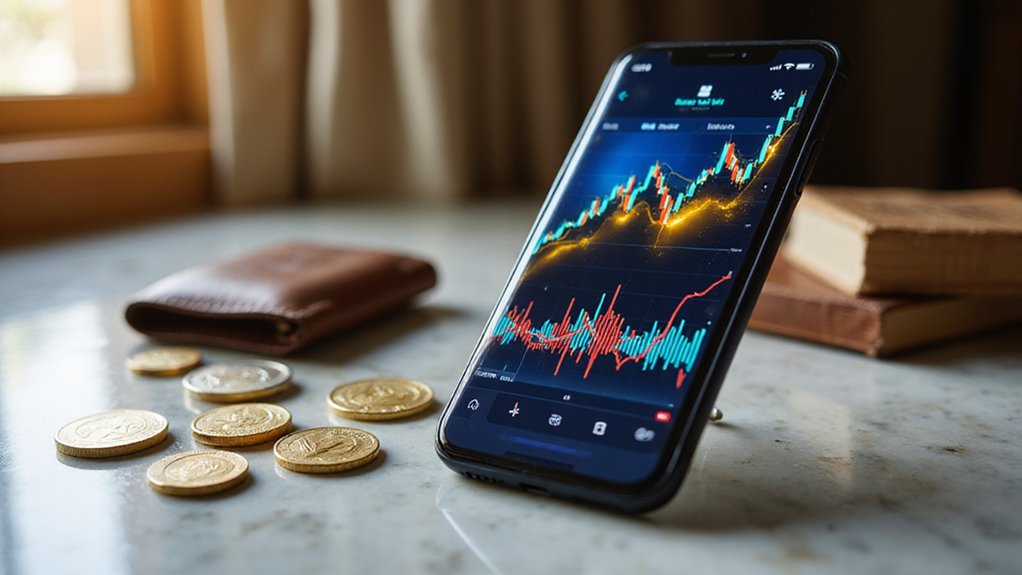The traditional securities lending market—where institutional investors lend shares to hedge funds for shorting in exchange for modest fees—has long operated as an exclusive club of prime brokers and custodians, complete with opaque pricing, lengthy settlement periods, and minimum account sizes that would make a small nation’s treasury department blush.
Enter Kamino Protocol‘s xStocks integration, which threatens to democratize this genteel arrangement by allowing anyone with a Solana wallet to borrow stablecoins against tokenized equities.
Kamino’s v2 launch introduces the xStocks Market, initially supporting AAPLx (tokenized Apple stock) as collateral for stablecoin borrowing. The protocol represents the first major DeFi platform enabling lending against tokenized equities on Solana, establishing a permissionless alternative to traditional prime services.
The genteel exclusivity of institutional securities lending meets its permissionless nemesis in Kamino’s groundbreaking xStocks integration.
Users can now collateralize their Apple exposure without maneuvering through the labyrinthine requirements of institutional securities lending—a development that would have seemed fantastical to previous generations of equity traders.
The underlying infrastructure relies on Backed’s tokenized stocks, which maintain 1:1 backing with real shares held by compliant custodians including Alpaca Securities, InCore Bank, and Maerki Baumann.
Chainlink oracles provide real-time price feeds while proof-of-reserve mechanisms guarantee transparent backing—features particularly absent from traditional lending arrangements where collateral visibility remains frustratingly opaque.
Solana’s technical advantages prove decisive here, capturing over 95% of xStocks trading volume through low fees and rapid settlement times. This focus on minimal fees attracts budget-conscious investors seeking cost-effective exposure to tokenized equities.
The blockchain’s SPL token standard guarantees seamless integration with wallets, DEXs, and DeFi applications, while traditional securities lending still operates on T+2 settlement cycles that feel positively glacial by comparison.
The implications extend beyond mere technological novelty.
Kamino’s vision encompasses a thorough onchain asset marketplace enabling swapping, borrowing, and leveraged exposure across tokenized equities—functionality that traditional securities lending, constrained by regulatory fragmentation and technological limitations, struggles to provide efficiently.
This development signals broader institutional adoption, with major exchanges like Kraken and Bybit already supporting xStocks trading, while partnerships between blockchain firms and traditional financial institutions accelerate integration. The innovation promotes fractional ownership opportunities that previously required substantial capital commitments to access.
The result transforms what was once an exclusive institutional preserve into an accessible, transparent, and globally available financial primitive. Unlike traditional stock ownership, xStocks holders forfeit voting rights and cannot participate in shareholder meetings.









